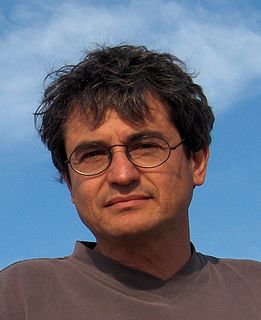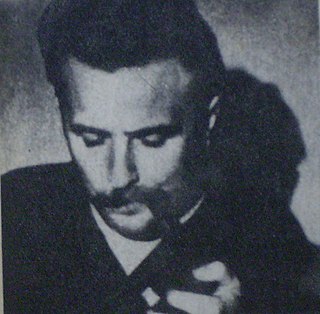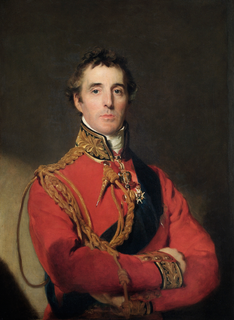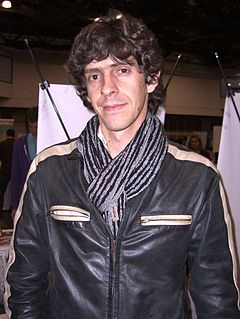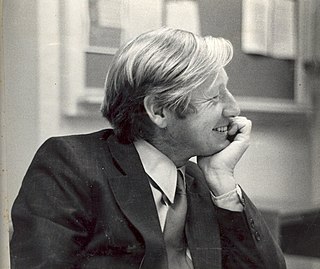A Quote by Alan Turing
I believe that at the end of the century the use of words and general educated opinion will have altered so much that one will be able to speak of machines thinking without expecting to be contradicted.
Related Quotes
Rationality and the instinct of collaboration have already given us large regions and long periods of peace and prosperity. Ultimately, they will lead us to a planet without countries, without wars, without patriotism, without religions, without poverty, where we will be able to share the world. Actually, maybe I am not sure I truly believe that I believe this, but I do want to believe that I believe this.
Speak kind words to mankind and the unkind will attack you. Speak common sense using all your senses, and you will attacked by the senseless. Speak truth and you will be attacked by the untruthful. Speak about absolutely nothing and absolutely nothing will speak back, but then nothing at all will ever change.
Such humble talents as God had given me I will endeavour to put to their greatest use; if I am able to amuse, I will try to benefit too; and when I fell it my duty to speak unpalatable truth, with the help of God, I will speak it, through it be to the prejudice of my name and to the detriment of my reader's immediate pleasure as well as my own.
I think people talk too much; that's the truth of the matter. I do. I don't believe in words. People use too many words and usually wrongly. I am sure that in the distant future people will talk much less and in a more essential way. If people talk a lot less, they will be happier. Don't ask me why.
Surely, if we take on thinking partners - or, at the least, thinking servants - in the form of machines, we will be more comfortable with them, and will relate to them more easily, if they are shaped like humans. It will be easier to be friends with human-shaped robots than with specialized machines of unrecognizable shape. And I sometimes think that, in the desperate straits of humanity today, we would be grateful to have nonhuman friends, even if they are only the friends we build ourselves.
You who are dead ... tonight you will disport yourselves for my pleasure. Food and wine will pass between your dead lips, though you will not taste it. Your dead stomachs will hold it within you, while your dead feet take the measure of a dance. Your dead mouths will speak words that will have no meaning to you, and you will embrace one another without pleasure. You will sing for me if I wish it. You will lie down again when I will it.... Let the revelry begin.


